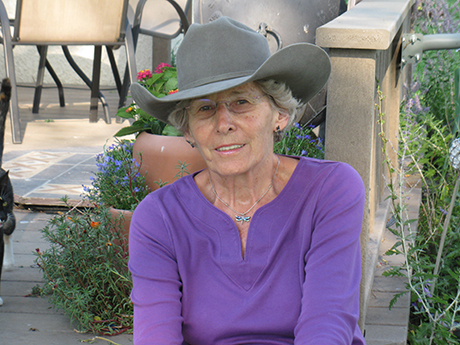I’ve been re-reading “Don’t Know Much About History” by Kenneth C. Davis. This book ought to be required for all high school seniors, because it covers all the things that are no longer taught in American History classes, if that’s even in the curriculum anymore. What’s more, Davis writes to entertain, as well as inform, and he busts a bunch of myths. George Washington participated in his share of back room bargaining, if the truth were known. And Chris Columbus was a scoundrel of the first order. The people we hold up as role models have accomplished amazing things and made some terrible mistakes, which proves nothing, other than that our heroes are human. But I digress.
Who among us isn’t heavy hearted at the violence and mayhem going on in the cities of our nation? Coming soon to a town near you, if it hasn’t already. Americans are thoroughly disgusted with the rhetoric from politicians, especially in an election year, and most of us distrust our government. Rebellion is rampant, and the media is complicit in all this. We need to be informed about corruption and injustice at all levels of our society, but showing the same pictures and repeating the same accusations ten times in one hour generates more anger and hopelessness, and prevents us from seeking rational solutions.
It may seem like our nation has never experienced such corruption, but Davis’ book reveals that it has been ever thus. Wars are never about the stated reasons for entering into them, and, during the periods we think of as peaceful, there’s always some manipulation going on behind the scenes.
But what if it had been otherwise? How would our nation look different today? What if, instead of criticism, we had asked ourselves and one another, “What can I do to help? How can we work together to empower one another so that the world is safe for all of us?” What if we began doing that right now?
It doesn’t require much effort to sit in our living rooms and proclaim that the world is gone to hell in a handbasket. Name calling, and labelling one faction or another as good or bad, doesn’t solve anything. Those are the easy ways out, and easy is generally not in anyone’s best interest. Saying that one person, or a small group of people, can’t change much isn’t helpful, and it’s untrue.
I’ve read several messages about loving one’s enemies lately. What if, instead of harsh words about those we view as wrong, commiserating with people who agree with our opinions, writing letters to the editor, looting, destroying property and marching in protests, we all took a week off to pray?
The silence would be deafening and that would be a good thing, because God would be able to hear him/herself think.
What if, every time we opened our mouths to say something negative about someone, we shut up and prayed for them instead? It’s been said that prayer may not change the situation, but it changes the person who prays. Even a few changed persons can make a big difference.
This reads easy and does hard. Are you up for the challenge?

